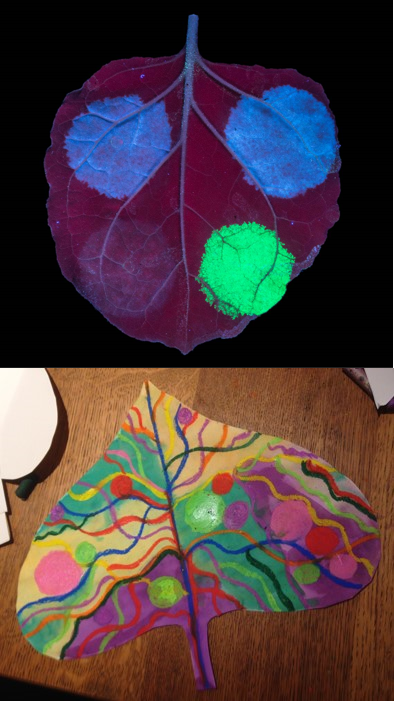Plant Synthetic Biology is the topic of a dedicated session at the GARNet2016 meeting this September, in addition to a workshop on CRISPR-Cas. If you missed out on the GARNet/OpenPlant CRISPR workshop last year, this is a great chance to get familiar with this increasingly important technique.
From the GARNet website:
GARNet2016: Innovation in the Plant Sciences. September 6th-7th 2016, Cardiff.
Registration is now open for the exciting GARNet2016 meeting. We have put together a set of talks on a broad range of subjects that are all linked by their use of novel experimental techniques.
Session 1: Frontiers in Plant Imaging
Session 2: Enabling the Translational Pipeline
Session 3: Plant Synthetic Biology
Session 4: Genomics tools for Gene Discovery
Session 5: Cell Signaling
In addition we will have three workshops that aim to support new technologies that are available to plant scientists:
* Pre-Meeting Workshop: Finding your Arabidopsis Gene in Wheat.
Organiser: Philippa Borrill and Cristobal Uauy
* Workshop 1: Usage and Application development within Araport.
Organiser: Agnes Chan and Chris Town
* Workshop 2: Introduction to CRISPR-Cas, troubleshooting target design and verification of mutants. Organiser: Vladimir Nekrasov and Amanda Hopes
We encourage young researchers to participate in our extended poster session and to apply to give a 2 minute flash presentation.
All information about registration, conference accomodation and the scientific programme can be found at: http://garnet2016.weebly.com/
GARNet will have at least £500 available to support travel of UK-based PhD students to the meeting. This money will be distributed on a first come, first-serve basis. Please contact Geraint Parry (geraint@garnetcommunity.org.uk) about the availability of these travel scholarships.
Please pass this information about GARNet2016 onto anyone who you think will be interested in this conference. If you have any questions please contact Geraint Parry geraint@garnetcommunity.org.uk

![[Closes 24 Nov 2107] Apply now to the OpenPlant Fund!](https://images.squarespace-cdn.com/content/v1/54a6bdb7e4b08424e69c93a1/1509564315902-TUO4I6QRWI9TT8UGSIAJ/OpenPlantTwitter_400x400+%281%29.jpg)

![[Closes 7 Mar 2017] OpenPlant Research Associate (Haseloff Lab)](https://images.squarespace-cdn.com/content/v1/54a6bdb7e4b08424e69c93a1/1486552818859-FH76MCA8SMFU93WB85RX/OpenPlantTwitter_400x400.jpg)








